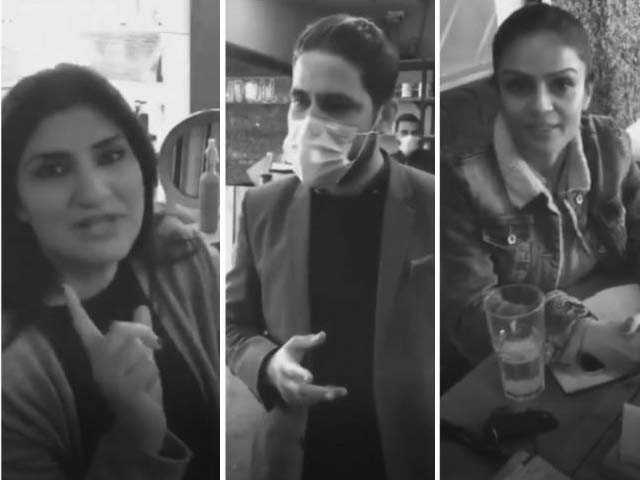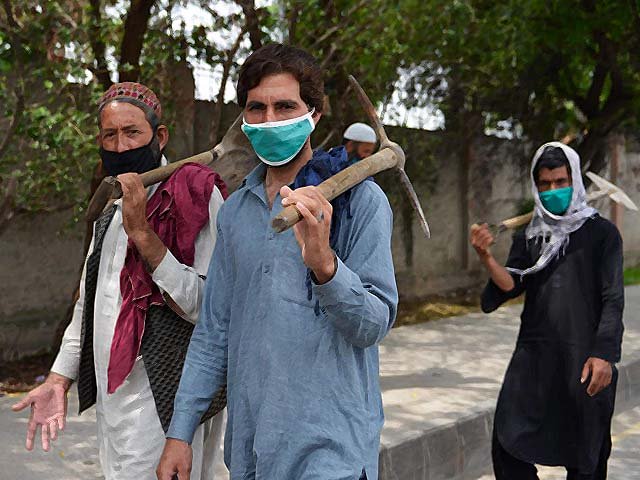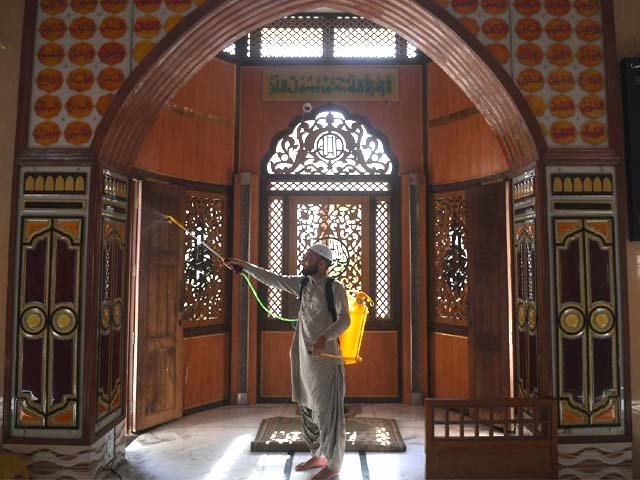
Is Pakistan ready to talk about sex?
One anonymous caller complained about her husband’s poor sex drive, and was advised accordingly.
I don’t want to jinx it, but there is a weekly call-in show on Health TV freely discussing a subject that has traditionally caused much controversy. Clinic Online is now taking callers’ questions pertaining to sexual health.
This is a clear breakthrough, in a country whose schools deny the presence of reproductive organs in the human body and whose public healthcare professionals walk around eggshells trying to impart important information about preventing STDs and unwanted pregnancies.
Clinic Online on Health TV, featuring Dr Nazimuddin Siddiqui, invites callers to share their health concerns on-air, and offers helpful medical advice. The program clarifies its role as ‘advisory’, and does not sell itself as a substitute to an actual consultation with a doctor. It entertains a wide range of questions regarding male infertility, erectile dysfunction and nymphomania, and responds to them without the kind of sensationalism we have learned to expect from most media outlets. In fact, it is because of how professionally the questions are answered, that the show seems to have skirted conservative outrage thus far.
One anonymous caller complained about her husband’s poor sex drive, and was advised accordingly. Other uncomfortable questions from callers were handled just as proficiently. Many would cringe at such a program discussing this contentious subject so openly, and to them I’d ask this:
Consider how you first learned about sex. Likely, not from your parents, professional educators, or a program like Clinic Online, but from giggling senior students hanging around the assembly area after school hours, with wildly graphic ideas of sexual intimacy. Our schools and colleges happily bestow all kinds of knowledge from the Round Table Conferences to the Pythagoras theorem, but on the all-important matter of human sexuality, abandon them at the doorstep of older classmates with abundant access to indecent magazines and videos. Naturally, this kind of ‘education’ is devoid of any advice on safe sexual practices, disorders of reproductive organs, or contraceptive methods commonly used. All that information is expected to flow to us magically, by the grace of piety itself, on our wedding nights.
Let’s say that it usually doesn’t. And these people are left with a myriad of questions, with only a small fraction of them being able to use Google, and make use of sex-ed sites that have not yet been banned by the PTA.
As a doctor, I’ve had numerous patients visiting me to learn about condom use after the damage had already been done. Many cite complaints like ‘persistent cough’, when all they want to do, is discuss their sexual problems with the doctor in hushed voices; problems so widespread, that the means to prevent or manage them, should be common knowledge.
Finally, there are new sources of such information being made available to the public. In a country where sexual education is practically unheard of, the significance of programs like Clinic Online is difficult to overstate.




COMMENTS (50)
Comments are moderated and generally will be posted if they are on-topic and not abusive.
For more information, please see our Comments FAQ